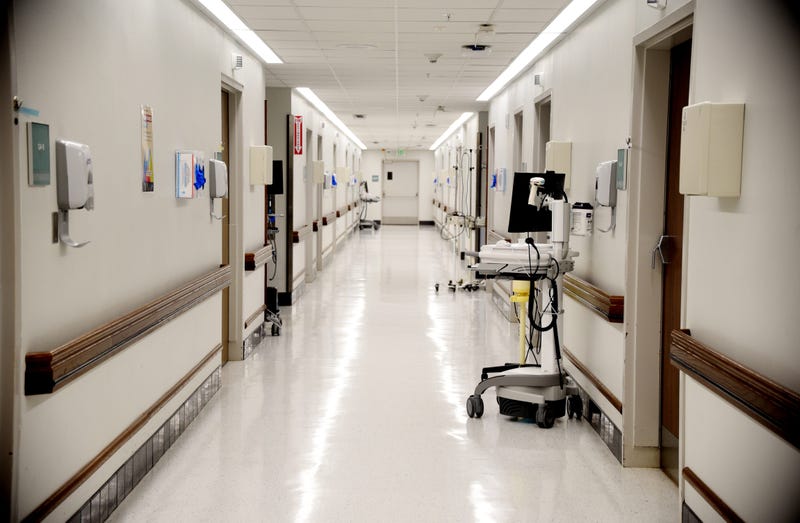
Most of Louisiana's congressional delegation voted for President Trump's so-called Big Beautiful Bill, giving the president the tax-and-spending plan he wanted. Despite that support from the Pelican State's legislators, one local health official warns that the bill could lead to worsened health care for Louisiana's poorest residents.
New Orleans health director Dr. Jennifer Avegno says one-third of Louisiana residents are on Medicaid. She told WWL's Newell Normand that those Medicaid recipients will have to recertify their eligibility twice a year instead of only once.
"Every year, folks get turned off not because they don't qualify but because the paperwork and the bureaucracy make it really hard," Dr. Avegno said. "It's not an easy system right now to re-up your eligibility."
Avegno says history shows that this added red tape could lead to people who meet all of the qualifications to receive Medicaid benefits from being shut out. She says the new rules will especially impact gig workers.
"If you don't work the other six months out of the year, like many of our seasonal workers, whether that's farm workers or hospitality workers, then you won't have the benefit when you need it," Dr. Avegno said. "To be kicked off every six months because you have a seasonal job means you practically do not have functional health care in a way that is going to maximally lead to health outcomes."
Dr. Avegno says the Big Beautiful Bill's provision requiring Medicaid recipients to recertify their eligibility twice a year is designed to reign in Medicaid fraud. However, she noted that the provision fails to target the biggest cause of Medicaid fraud, health care providers who fraudulently bill the government out of billions of dollars.
"When you do it more frequently, you cut off people who really do deserve it, and you don't really do anything to folks who don't," Dr. Avegno said. "We're really concerned there is going to be a tremendous ripple effect not just for individuals who lose coverage but for the rural hospitals and clinics that rely on those funding mechanisms to stay afloat and just for the provision of health care in general."

